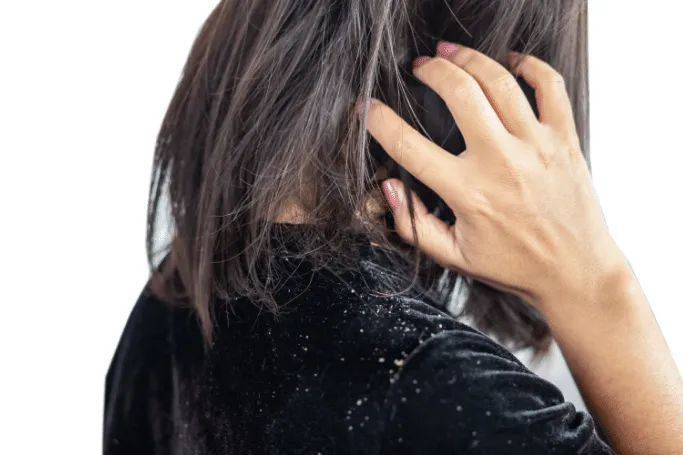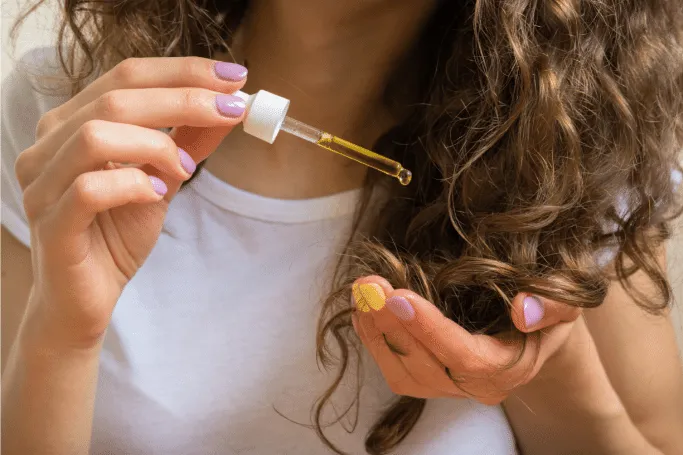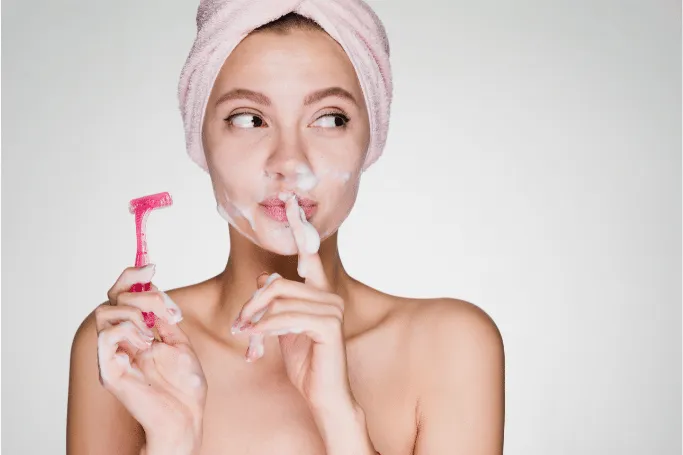Dry Scalp Remedies

Lifeless scalp can be to blame if you have embarrassing white flakes on your shoulders and dull, dry hair. Find out which dry scalp treatment will nurture your hair and scalp the best.
Dandruff, those unpleasant white flakes that show up on your clothing and hair, can be brought on by a dry scalp. In addition to making your hair appear dry and drab, a dry scalp can also be itchy, red, and irritated.
Dry Scalp: The Issue at Its Core
There are several reasons why your scalp could become dry, including:
• Eczema
• nutritional deficits
• cold and dry conditions
• excessive shampooing
• Alcohol is a common ingredient in hair products, which can make your hair dry.
Depending on what might be causing the issue, there are numerous efficient dry scalp treatment options available:
Conditioning treatments. Your hair may become dull and flaky from a dry scalp that isn't producing enough sebum, the natural oil that keeps skin and hair hydrated. Consider replenishing some of the nutrients depleted from your dry scalp. Look for a hot oil treatment or at-home deep conditioner at your neighborhood drug or beauty supply store. Make sure the hot oil you use doesn't get too hot. Warm oil or a deep conditioner applied twice a week to the scalp will help hydrate and calm an irritated, dry scalp.
Additionally, hot oil treatments and deep conditioning can make dry, brittle hair supple and healthy. For information on how long to leave a product on your scalp and how to rinse it off, go to the package instructions. If a product is not properly removed after use, it will leave hair greasy rather than shining.
Shampoo Switcheroo. The use of harsh shampoos or over-shampooing might result in dry scalp. Try using a different shampoo if your hair is dull and dry or if your scalp is dry and flaky. Choose a light shampoo designed for dry hair, and avoid using it every day. As opposed to often shampooing with hot water, shampoo every other day with warm (not hot) water to avoid drying out your hair and scalp. Additionally, stay away from alcohol-containing gels, mousses, hairsprays, and other items that might dry up your scalp and hair. To give hair time to recuperate, use heat tools like blow dryers sparingly.
Head massage. Give yourself a gentle scalp massage if you have white flakes coming off your head because it is dry. As you shampoo, when using a hot oil treatment, or when applying a deep conditioning treatment to your scalp, stimulate the area with your fingertips. To make the product more effective, gently massage it into the scalp (it feels great, too). Just be careful not to use your fingernails to itch your scalp.
Vitamin B. Nutritional deficiencies, such as a lack of the vitamins B6 and B12 in your diet, can lead to dry scalp. Increase your consumption of fruits, vegetables, whole-grain breads and cereals, as well as supplements like flaxseed oil, zinc, and selenium, if necessary.
Additional Diet Dos. The improper things you eat might also affect your scalp and hair. Limit sweets and trips to the candy jar since too much sugar can create a dry scalp and peeling. Even hot meals can cause dandruff, so try to stay away from them and see if your symptoms go better. If you have a dry scalp, it's also crucial to reduce your diet of salt and alcohol and boost your intake of omega-3 fatty acids. Drink enough of water to keep your skin and scalp naturally hydrated and hydrate it from the inside out.
Shampoos and treatments for dandruff. Try medicated over-the-counter dandruff shampoos with ketoconazole, selenium oxide, or zinc pyrithione as these active components can soothe itchy, flaky, and dry skin. Make sure to alternate using them with a moisturizing shampoo at least once or twice every week. Additionally, dandruff can be treated with oils and scalp treatments. To aid with dry scalp, seek for products with coal tar, selenium, or zinc in a base of coconut oil or salicylic acid.
Consult a doctor. Make an appointment to see your doctor or a dermatologist if you are unable to get relief on your own. Your dry scalp can be a symptom of a medical issue. For instance, seborrheic dermatitis, which is actually caused by an excess of scalp oil, will require different treatment than a dry scalp brought on by insufficient oil. Seborrheic dermatitis might result in dandruff. Use these suggestions to the best of your ability to keep your scalp, skin, and hair hydrated, but if they don't exactly do the trick, consult your doctor.
Related Posts



